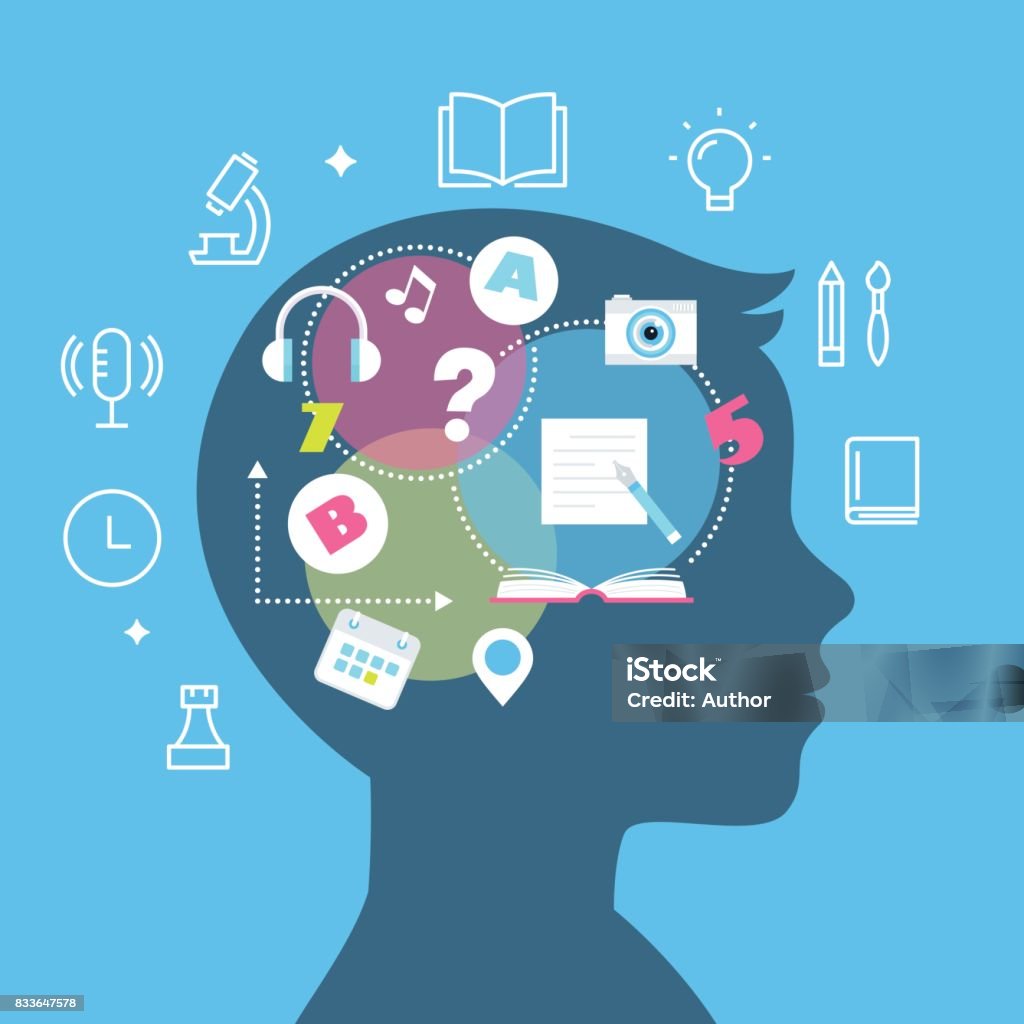Learning Issues & Behavioral Disorders
Learning Issues, also known as learning disabilities or learning disorders, refer to a variety of neurological conditions that affect an individual’s ability to acquire, process, or express information.
These issues are typically characterized by difficulties in specific academic areas such as reading, writing, math, and comprehension. Unlike general intellectual disabilities, learning issues do not affect overall intelligence but rather specific cognitive processes. They can impact how a person perceives, remembers, and organizes information, leading to challenges in both academic and everyday tasks.
Learning issues often require tailored educational approaches and interventions to help individuals succeed. They can include conditions like dyslexia, dyscalculia, dysgraphia, and auditory processing disorders, among others.
Early identification and support are crucial in helping individuals with learning issues develop effective coping strategies and achieve their full potential.
Behavioral Disorders” or “Behavioral and Emotional Disorders” encompass a range of difficulties related to behavior and emotions that can interfere with a child’s ability to function effectively in an educational setting.
Common examples include Attention-Deficit/Hyperactivity Disorder (ADHD), Oppositional Defiant Disorder (ODD), and Conduct Disorder (CD). These disorders may manifest as difficulties in following rules, managing emotions, or interacting appropriately with others, and they can significantly impact a child’s learning and social development.






